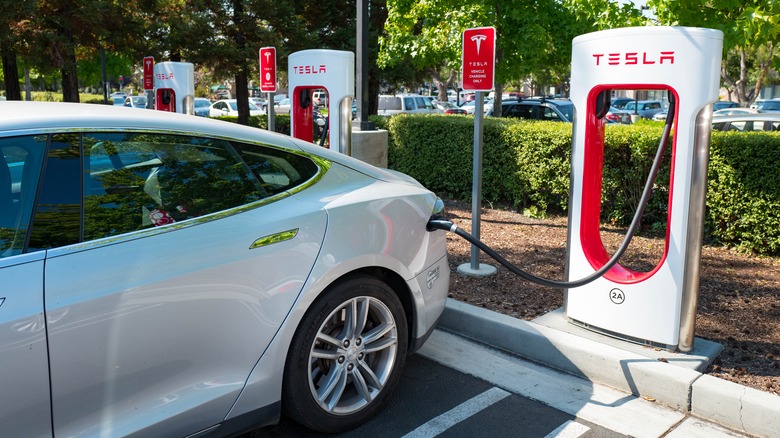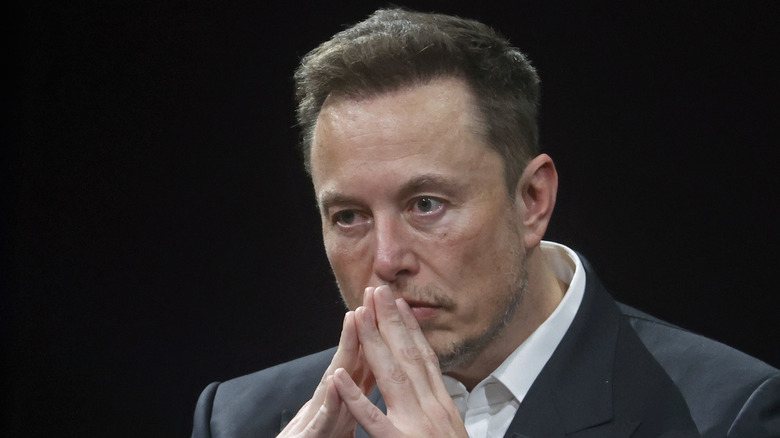Bombshell Report Claims Tesla Overstates The Range Of Its EVs
Tesla's electric cars are widely said to be the most advanced of the market, while its charging tech has found widespread industry adoption. Yet, it appears its cars are afflicted by a deliberate range overestimation problem. Instead of fixing it technically, the tactic employed by Tesla to fix the latter just might invite another investigation — and potentially a costly class-action lawsuit.
As per a Reuters investigation, Tesla created a "Diversion Team" at its Las Vegas office that was tasked with canceling "as many range-related appointments as possible." The team, which reportedly "celebrated" the canceling of any appointments related to range issues, closed hundreds of customer cases each week, and their performance was assessed on the basis of daily cancellations that are said to cost $1,000 each to the company.
It seems that the range woes encountered by Tesla buyers had little to do with battery-related technical issues. Instead, it was because the company exaggerated the range of its cars and mislead customers to move more units and gain an edge in the heating EV market.
"Teslas often fail to achieve their advertised range estimates and the projections provided by the cars' own equipment," says the report, citing three anonymous automotive experts who tested Tesla vehicles. The findings are reminiscent of Musk claiming that the advanced driver assist system on its cars was safer than a human driver — a claim which the company later unsuccessfully tried to discredit as a deepfake defamation tactic.
Not a good picture for the EV stalwart
According to Reuters, Tesla reportedly inflated the electric mileage of its cars by "rigging the range-estimating" software roughly a decade ago. The objective was to impress drivers with sunny range figures, but as soon as the battery level fell below the halfway mark, the algorithm automatically shifted to telling the real miles left in the bank.
To avoid drivers getting stranded due to a depleted battery, Tesla built a buffer juice system that offered an extra 15 miles of reserve range when the car was close to empty, supposedly enough to find a charging station. Notably, the order to show realistic range once charge levels reached 50% came straight from Tesla CEO Musk.
The automaker reportedly created the range-misrepresenting tool when it had only two cars in its portfolio, but it's unclear if the company still deploys the trick. This isn't the first time Tesla cars have been targeted for under-performing on range claims, but it's the first time that Tesla has been accused of willfully employing shady tactics to hide its battery shortcomings.
Notably, Tesla doesn't tweak the range figures depending on the external environmental conditions, even though research has proved that extremes of hot and cold temperature can create issues like slowed charging and reduced range. To deal with annoyed customers, Tesla not only canceled appointments on call, but also baked a system in its mobile app that reportedly blocked customers from booking appointments for range-related issues.

